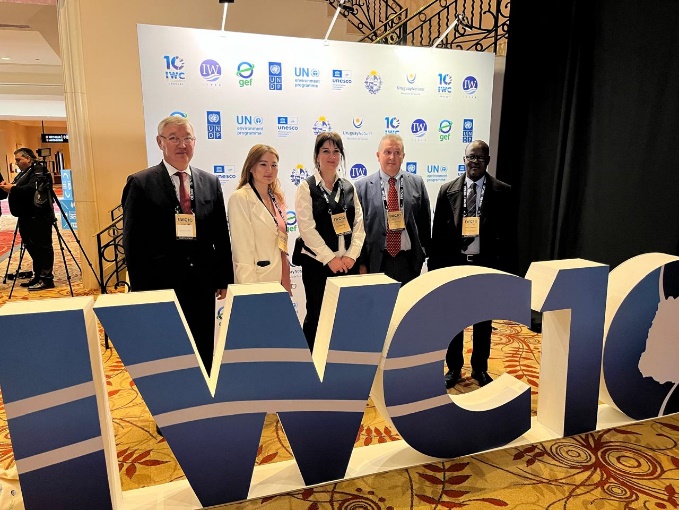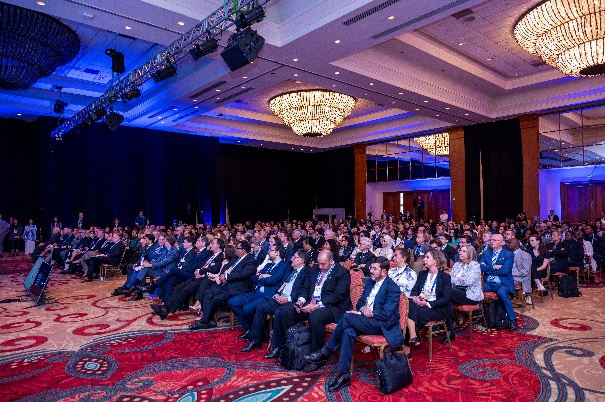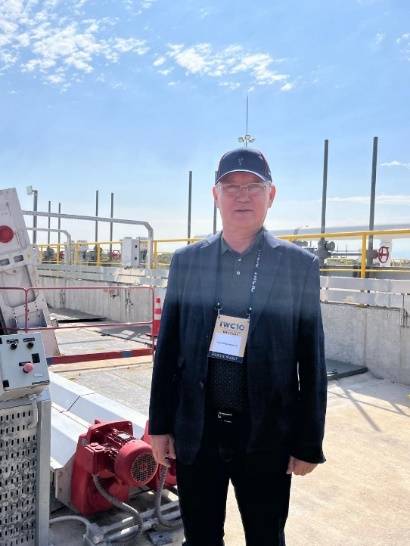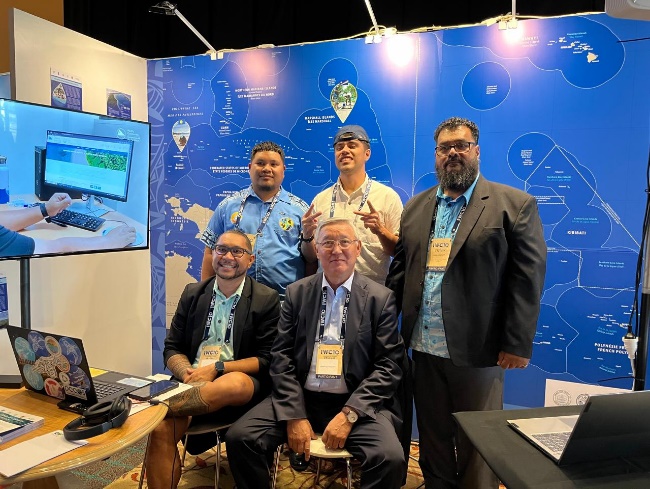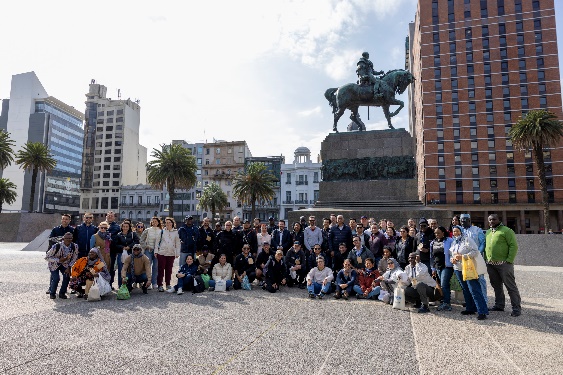Глобалдық экологиялық қордың Су ресурстары бойынша 10-шы Халықаралық конференциясы Уругвайда су мәселелерін шешу тәжірибесін таратуға арналған
2024 жылғы 23-26 қыркүйек аралығында Уругвайдың Пунта-дель-Эсте қаласында Глобалдық экологиялық қорымен (ГЭҚ) ұйымдастырған Су ресурстары бойынша 10-шы Халықаралық конференция (The International Waters Conference - IWC) өтті.
IWC10 конференциясы «Су және мұхит саласындағы Тұрақты даму мақсаттарына (ТДМ) қол жеткізу үшін өзгеріс әкелетін шаралар мен әсер: ГЭҚ International Waters жаһандық сын-қатерге жауабы» тақырыбында ұйымдастырылды және 80 елден келген 300-ден астам қатысушыны біріктірді. Олар ГЭҚ IW шамамен 100 белсенді жобасын және ГЭҚ түрлі агенттіктерін ұсынды.
Бұл конференция ГЭҚ IW инвестициялық портфелінің маңызды оқиғасына айналды. ГЭҚ 30 жыл ішінде халықаралық су ресурстары бойынша 480-ден астам жобаны қаржыландырды, 2,8 миллиард АҚШ долларынан астам грант түрінде инвестиция салды және 170-ке жуық елде 8,7 миллиард АҚШ долларына жуық қосымша қаржыландыру тартты.
Конференцияда ГЭҚ жобаларын басқару нәтижелері мен тәжірибесі, су мәселелерін шешу, су ресурстарын басқару, өзендер алаптарындағы биоәртүрлілік, мұхит және басқа да тақырыптар бойынша тәжірибелер ұсынылды. Қатысушылар пленарлық және интерактивті сессияларда, тренингтерде және тәжірибе алмасу шараларында мәселелер, мүмкіндіктер мен шешімдер бойынша көп пайда алды. 2024 жылдың 21-22 қыркүйегінде Уругвайдың Монтевидео қаласында Латын Америкасы мен Кариб бассейнінің Даму банкі (CAF) ғимаратында өткен конференция алдындағы семинарларда қатысушыларға жобаларды басқару әдістері, қаржылық құралдар мен коммуникация жөнінде ақпарат берілді.
Конференцияда сондай-ақ ГЭҚ-тың жаңа жобалары ұсынылды, олардың бірі - Орталық Азияның қриосферасына арналған жоба. Бұл жоба Орталық Азия елдерінде жүзеге асырылуда, ал ЮНЕСКО аясындағы Орталық Азия өңірлік гляциологиялық орталығы оның орындаушысы болып табылады.
Конференция жұмысына ЮНЕСКО аясындағы 2-санаттағы Орталық Азия өңірлік гляциологиялық орталығының директоры Такир Балықбаев бастаған жобаның делегациясы қатысты.
Конференция барысында қатысушылар үшін Уругвайдағы су шаруашылығы нысандарымен және қорықтармен танысуға техникалық визиттер ұйымдастырылды.
|
|
|
|
|
|
|
|
|
Uruguay
Қар. 15, 2024
